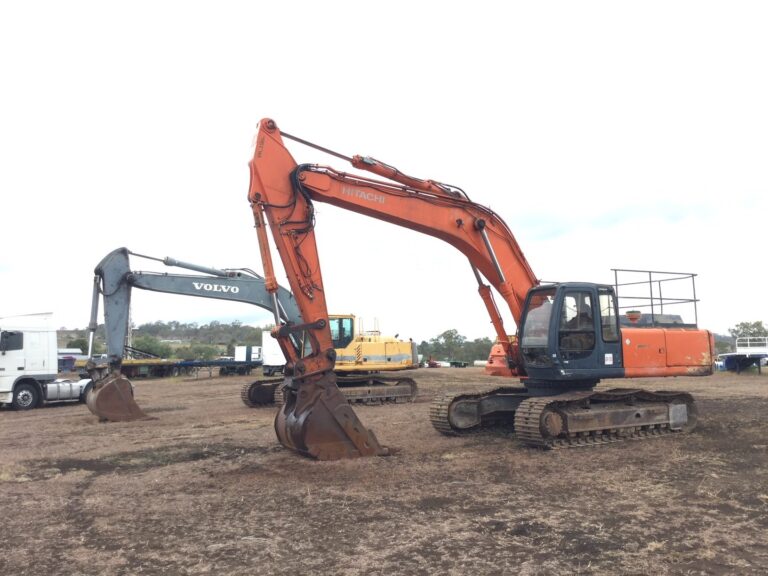Dongtan, a hub for business and wellness tourism, presents a unique opportunity to integrate sustainability practices into business trip massage services. This article explores the importance of sustainability in the context of 시흥출장마사지 and outlines strategic approaches to incorporate sustainable practices into massage businesses operating in the region.
Understanding Sustainability in Business Trip Massage:
Sustainability in business trip massage encompasses environmental, social, and economic considerations aimed at minimizing environmental impact, promoting social responsibility, and ensuring long-term viability. In Dongtan, where wellness tourism thrives, sustainability practices are crucial for preserving the natural environment, supporting local communities, and fostering economic resilience.
Strategic Approaches to Sustainability:
- Environmental Conservation:
Implementing eco-friendly initiatives such as energy-efficient lighting, water conservation measures, and waste reduction strategies in massage facilities.
Utilizing organic and sustainable materials for massage oils, lotions, and linens to minimize environmental impact and promote health-conscious practices.
- Community Engagement:
Collaborating with local communities to source organic ingredients for massage products, supporting local farmers, and fostering economic empowerment.
Providing training and employment opportunities for residents in Dongtan, contributing to local economic development and social inclusion.
- Ethical Sourcing and Fair-Trade Practices:
Partnering with suppliers who adhere to ethical sourcing practices, ensuring fair wages and working conditions for workers involved in the production of massage products.
Prioritizing fair trade and sustainable certifications for massage products, demonstrating a commitment to ethical business practices and social responsibility.

- Education and Awareness:
Offering educational workshops and seminars on sustainability topics for massage therapists, employees, and clients to raise awareness and promote eco-friendly practices.
Providing information on the environmental and social benefits of sustainable massage practices to clients, encouraging them to support businesses committed to sustainability.
- Benefits of Sustainability Practices:
Integrating sustainability practices into business trip massage services in Dongtan offers numerous benefits, including:
- Enhanced brand reputation and differentiation in the competitive wellness tourism market.
- Reduced operating costs through energy and resource efficiency measures.
- Improved employee satisfaction and retention by fostering a culture of environmental and social responsibility.
- Positive impact on the local community and ecosystem, contributing to long-term sustainability and resilience.
Conclusion:
By adopting strategic approaches to sustainability, businesses offering 시흥출장안마 can contribute to environmental conservation, social responsibility, and economic development. Through a holistic commitment to sustainability practices, massage businesses can not only enhance their competitiveness but also promote the well-being of the local community and ecosystem, ensuring a thriving and sustainable future for wellness tourism in Dongtan.

















